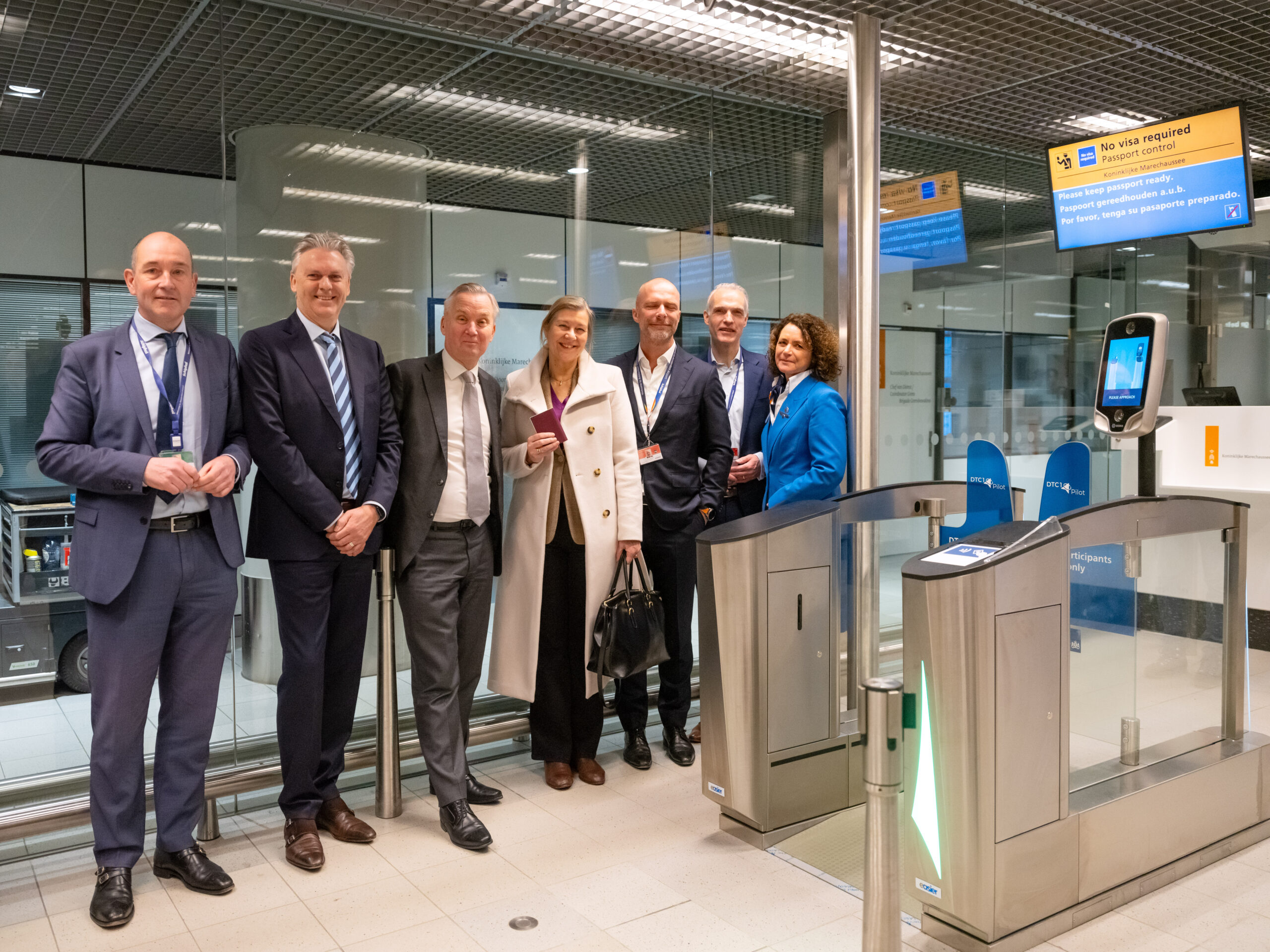In the high-stakes arena of aviation, efficiency and safety take center stage. Airports serve as critical hubs, facilitating the movement of millions of passengers and tons of cargo each day.
To ensure seamless operations, airports are increasingly turning to big data analytics to revolutionize their processes.  Among the various applications, predictive maintenance and resource allocation stand out as game-changers, enabling airports to enhance safety, minimize downtime, and optimize resource utilization.
Among the various applications, predictive maintenance and resource allocation stand out as game-changers, enabling airports to enhance safety, minimize downtime, and optimize resource utilization.
Predictive Maintenance: Keeping the Wheels of Aviation Turning
Maintenance is the backbone of aviation safety. Any malfunction or downtime can lead to significant disruptions and pose risks to passengers and cargo. Traditional maintenance practices, often based on routine schedules or reactive responses to issues, are not always efficient or cost-effective. This is where predictive maintenance powered by big data analytics steps in.
By utilizing substantial amounts of data from sensors embedded in aircraft, airport infrastructure, and operational systems, airports can predict when equipment is likely to fail. Advanced algorithms analyze historical data, current performance metrics, and real-time environmental factors to forecast maintenance needs accurately. This proactive approach allows maintenance teams to address potential issues before they escalate, reducing the likelihood of unexpected breakdowns and associated delays.
Moreover, predictive maintenance optimizes the allocation of resources by ensuring that maintenance activities are performed precisely when needed. This minimizes unnecessary downtime, maximizes operational efficiency, and ultimately enhances the overall passenger experience.
Resource Allocation: Maximizing Efficiency and Minimizing Costs
Efficient resource allocation is critical for airport operations to run smoothly. From staffing to gate assignments, fuel management to baggage handling, every aspect must be optimized to meet demand while controlling costs. Big data analytics empowers airports to achieve this delicate balance by providing insights that enable informed decision-making.
For instance, historical passenger data, flight schedules, and weather forecasts can inform staffing requirements, allowing airports to allocate personnel more effectively. By adjusting staffing levels in real-time based on fluctuations in passenger traffic, airports can optimize operational costs without compromising service quality. TAV Technologies’ Resource Management System (RMS) provides additional support in this area, offering advanced tools for efficient resource allocation.
Similarly, big data analytics can optimize gate assignments by considering factors such as aircraft size, passenger volume, and connecting flight schedules. By dynamically reallocating gates as needed, airports can reduce congestion, minimize turnaround times, and improve on-time performance. With the support of generative AI, Total Airport Management Suite (TAMS) of TAV Technologies complements these efforts, providing comprehensive solutions for enhancing efficiency and minimizing costs.
Furthermore, fuel represents a significant cost for airlines and airports alike. By analyzing historical fuel consumption data alongside factors such as aircraft type, route distance, and weather conditions, airports can optimize fueling processes to minimize waste and reduce expenses. TAV Technologies’ solutions, including RMS and TAMS, offer integrated approaches to address these challenges and drive operational excellence.
Implementation Challenges and Considerations
While the benefits of big data analytics for airport operations are undeniable, implementing these solutions comes with its own set of challenges. Privacy concerns, data security, and regulatory compliance must be carefully addressed to ensure the ethical and responsible use of passenger and operational data.
Additionally, integrating disparate data sources and legacy systems can be complex and time-consuming. Airports must invest in robust infrastructure and cultivate a culture of data-driven decision-making to fully realize the potential of big data analytics.
Furthermore, collaboration and knowledge sharing among industry stakeholders are essential for maximizing the benefits of big data analytics across the aviation ecosystem. By pooling resources and expertise, airports can accelerate innovation, drive operational excellence, and ensure a safer and more efficient travel experience for passengers worldwide.
Embracing the Future of Airport Operations through Big Data Analytics
In conclusion, big data analytics holds immense promise for transforming airport operations, particularly in the realms of predictive maintenance and resource allocation. By leveraging vast amounts of data and advanced analytics tools, airports can enhance safety, minimize downtime, and optimize resource utilization.
However, realizing these benefits requires overcoming implementation challenges, including data privacy, security, and integration issues. Nevertheless, with careful planning, investment, and collaboration, airports can harness the power of big data analytics to usher in a new era of efficiency, safety, and reliability in aviation operations.















